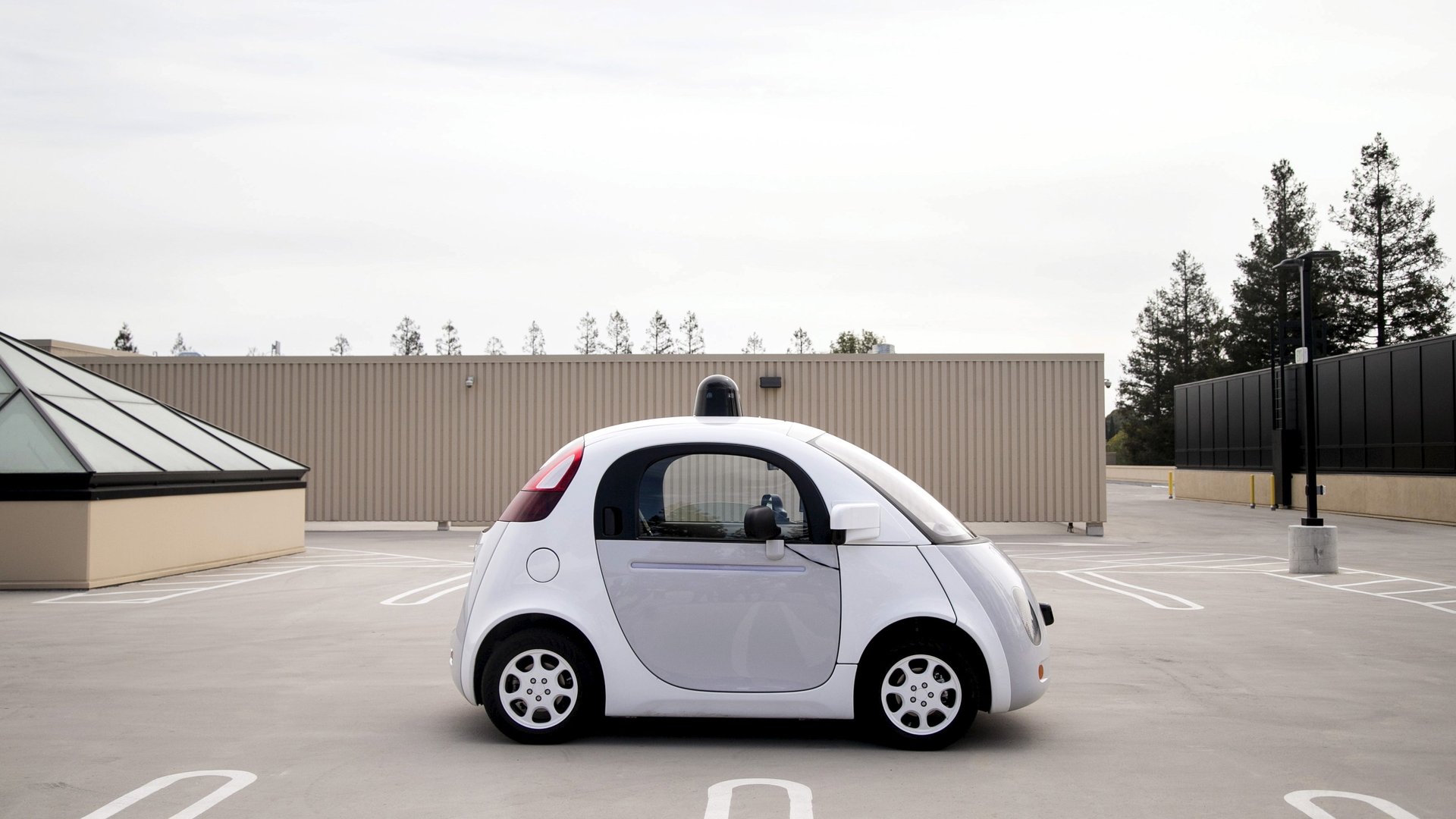Michigan’s new self-driving car rules are the most permissive in the US
Slowly but surely, states across the US are moving to allow the testing, and eventual sale, of self-driving cars.


Slowly but surely, states across the US are moving to allow the testing, and eventual sale, of self-driving cars.
Today, Dec. 9, Michigan’s governor, Rick Snyder, signed a group of bills into law that will allow companies to test self-driving cars on state roads, and eventually set up a framework to sell or offer paid rides in autonomous vehicles. Michigan’s laws surpass Florida’s as the most permissive and comprehensive in the country. They allow companies to test vehicles without steering wheels or pedals, to platoon multiple self-driven vehicles on the road together, and legalize autonomous ride-hailing. Other states, such as Florida, have passed legislation allowing cars to be tested on public roads, but usually still require them to have steering wheels and other regular car-like operating functions, and no other state has so far legalized the sort of self-driving taxis that Uber is aiming to release.
Michigan is the automotive heart of the US: Ford, General Motors, and Chrysler are all based in the state. As Recode points out, one of the bills Snyder signed today states that any company wishing to test self-driving cars in Michigan must already be in the car-making business. The bill, number 996, outlines that a company can test in Michigan if they are a “motor vehicle manufacturer,” which could provide a slight speed bump for companies looking into self-driving technology that aren’t traditionally in the auto industry. Right now, a host of companies that haven’t made cars in the past—including Google, Uber, Apple, Lyft, Nvidia, and even BlackBerry—are either building or exploring autonomous-vehicle technology.
Michigan transportation department spokesperson Jeff Cranson told Quartz that any company, whether it has been making cars since the birth of the combustion engine, or are a software company based in Mountain View, California, can potentially test cars in Michigan. Companies that are working on retrofitting existing car models with autonomous technology—as Uber is doing with Ford and Volvo—would be able to test their cars because the underlying vehicles have been approved to drive on US roads by the National Highway Traffic Safety Administration (NHTSA). For entirely new prototype cars, such as the koala-shaped cars that Google is testing in California, Washington, Texas, and Arizona, the company would first need to get approval from the NHTSA, which Google has.
In his last budget, US president Barrack Obama outlined a plan to encourage the rapid adoption of autonomous vehicles in the US in an effort to cut down on traffic fatalities. In September, the US Department of Transportation also laid out its plans for how it intends to deal with autonomous technology at a national level, but these guidelines are not yet law. Until there’s a uniform position on how self-driving cars can be tested, developed, and integrated across the US, it’s likely that patchwork legislation at a state level, with variations in tone, motive, and progressiveness, will continue.